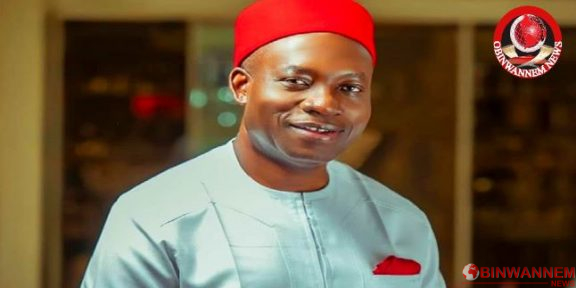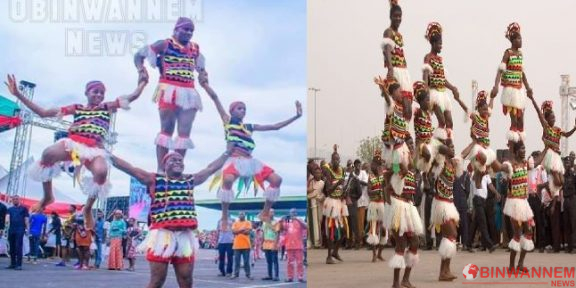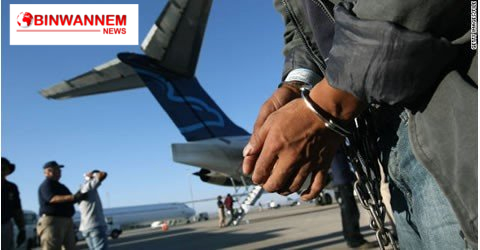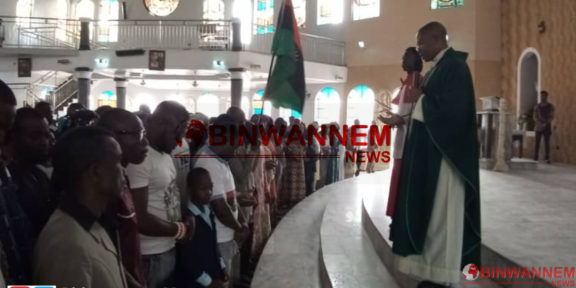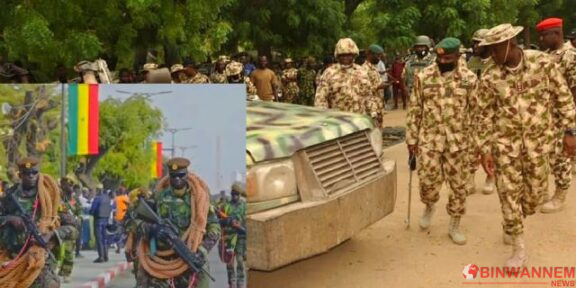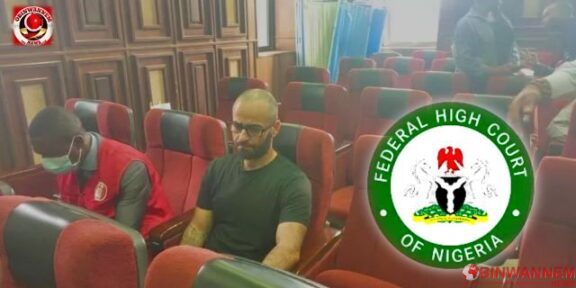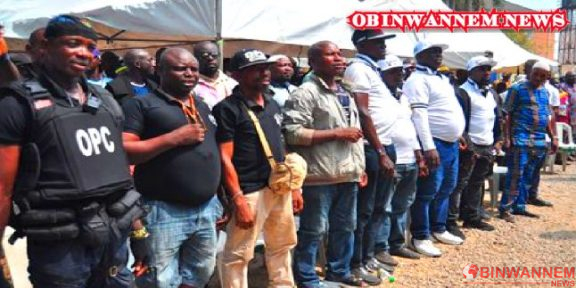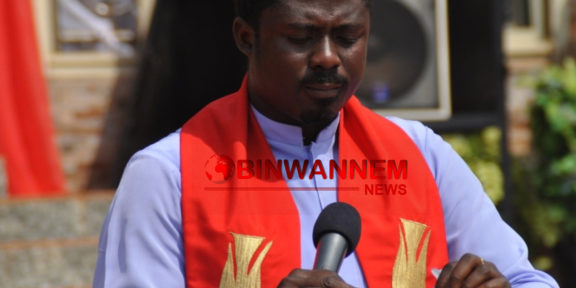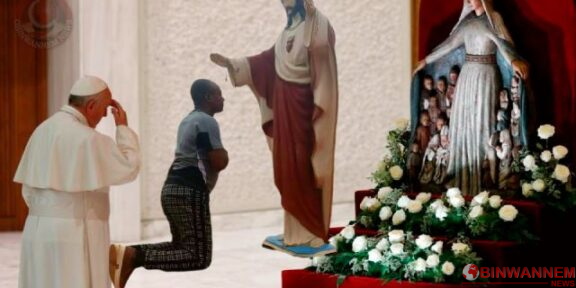The recent military coup in Niger Republic has sparked a series of events that have drawn international attention and concern. On July 26, President Mohamed Bazoum was overthrown by army officers, leading to the suspension of Niger from the African Union (AU). This report aims to provide a comprehensive overview of the crisis, including the reactions from regional and international bodies, the potential for armed intervention, and the impact on Niger’s stability and security.
African Union’s Response:
The AU swiftly responded to the coup by suspending Niger from all its activities. The AU Peace and Security Council emphasized the need for the return of civilian rule and called on the coup leaders to release President Bazoum and return to their barracks. The AU Commission was tasked with assessing the implications of deploying a standby force in Niger and reporting back to the Council. This move was made due to differences within the AU regarding military intervention.
ECOWAS Involvement:
The Economic Community of West African States (ECOWAS) played a significant role in addressing the crisis. ECOWAS threatened to use force to reinstate President Bazoum and activated a “standby force” as a last resort to restore democracy. Despite pursuing diplomatic solutions, ECOWAS maintained its readiness for military intervention. However, there were reports of strong opposition to ECOWAS’s proposal for a three-year transition plan.
International Concerns and Context:
The coup in Niger amplified international concerns over the Sahel region’s instability, which is plagued by jihadist insurgencies linked to Al-Qaeda and the Islamic State group. This crisis further highlighted the fragile political landscape in the region. Niger became the fourth West African nation to experience a coup since 2020, following Burkina Faso, Guinea, and Mali.
Coup’s Background and Ramifications:
President Bazoum’s election in 2021 marked a significant step towards peaceful transition of power in Niger. The coup in July 2023 marked the fifth in Niger’s history since gaining independence in 1960. President Bazoum and his family were held at the president’s residence following the coup, raising concerns about their well-being. The suspension from AU activities and the potential for military intervention added complexity to the crisis.
Divided Responses:
While ECOWAS sought to restore democracy through potential military intervention, some Nigerians expressed support for the military regime. Pro-coup rallies emerged, advocating against military intervention and sanctions imposed by ECOWAS. The crisis highlighted divides within Niger’s presidential guard and among different factions.
Conclusion:
The situation in Niger Republic remains volatile, with the military coup prompting reactions from regional and international bodies. While ECOWAS aims to restore democracy through military intervention if necessary, there is a strong divide within Niger and among external actors. The crisis underscores the broader challenges faced by the Sahel region, including insurgencies and political instability. The AU’s suspension of Niger from its activities and the potential for armed intervention have heightened tensions and uncertainties in the country.



